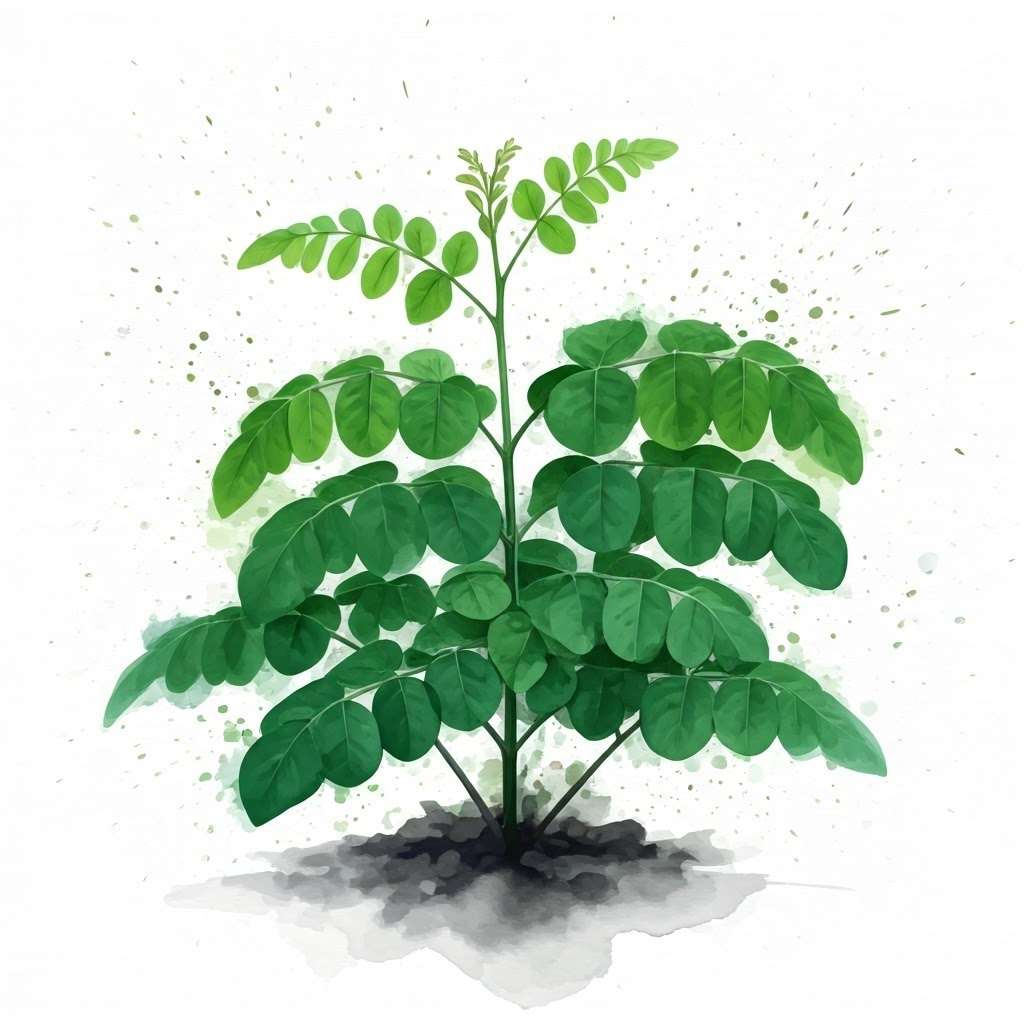Nigeria is on the cusp of a potential economic boom, and it’s all thanks to a humble plant: the moringa tree. A recent report suggests that with the right support, moringa farming could generate a staggering N1 trillion every month, all while creating jobs for millions. Get ready to dive into this green revolution!
- Economic Potential: Moringa farming could generate N1 trillion monthly
- Job Creation: 50 million unemployed Nigerians could be empowered
- Government Revenue: Significant monthly income for the government
- Food Security: Moringa cultivation addresses food scarcity
- Climate Change Mitigation: Chemical-free farming offers sustainable solutions
Nigeria’s Moringa Gold Rush: A Trillion-Naira Opportunity
The Moringa Production, Marketers and Farmers Welfare and Empowerment Association (try saying that 5 times fast!) is pushing hard to make moringa a major economic force in Nigeria. They believe that by partnering with the government and empowering citizens, this dream can become reality. Dr. Michael Ashimashiga, the association’s chairman, has outlined a plan that’s as bold as it is promising.
The Numbers Don’t Lie: How Moringa Farming Can Transform Nigeria
Here’s a breakdown of the potential financial impact:
- Farmers’ Earnings: Moringa farmers could rake in around $3.750 billion monthly, which is about N5.625 trillion.
- Government Revenue: The Federal Government stands to gain about $650 million monthly, or approximately N975 billion.
- How it Works: The government would make about 0.3 dollars per kilogram of moringa leaves from the 1.875 dollars per kilogram that the citizens will be harvesting.
These are not just numbers; they represent an opportunity to inject serious money into the economy and improve lives across the nation. This could be a game changer for a country that often faces economic hurdles.
Empowering the People, Growing the Nation
The association isn’t just about profits, it’s also about people. They envision a scenario where 50 million unemployed Nigerians are actively involved in moringa cultivation. This would not only reduce unemployment but also contribute to a more self-sufficient and prosperous nation. According to Dr Ashimashiga, a country that utilizes its own manpower doesn’t have to rely on borrowing to develop infrastructure.
Moringa: A Super Plant for a Super Future
So why moringa? This plant is not just a cash crop; it is a nutritional powerhouse and is considered a superfood by many. It’s also incredibly versatile. Aside from being a food source, Moringa can be used for:
- Pharmaceutical raw materials
- Fertilizers
- Animal feeds
- Poultry and fish farming
A single plot of moringa can generate a minimum of 20 kilograms and one kilogram of moringa can be sold for 2,500 NGN. The demand for moringa is very high both locally and internationally.
A Sustainable Approach
For too long, chemical-heavy farming has been a major challenge for our environment. The association has witnessed the negative impacts of this, such as the ongoing climate change and global warming. However, the association is advocating for chemical-free and environmentally sustainable farming practises with moringa.
The Call to Action
The association is urging all stakeholders and government agencies to support moringa cultivation. They’re offering:
- Agricultural inputs
- Consultancy services
- Equipment leasing services
- Pharmaceutical raw materials
- Improved agricultural seeds and seedlings
The goal is to create a thriving moringa industry that not only benefits farmers but also the nation as a whole.
Conclusion
The potential of moringa farming in Nigeria is immense. It’s more than just a farming activity; it’s a pathway to economic empowerment, job creation, and sustainable agriculture. With the right support, Nigeria could indeed be on its way to generating N1 trillion monthly from this incredible plant. The time to act is now!
Sources:



